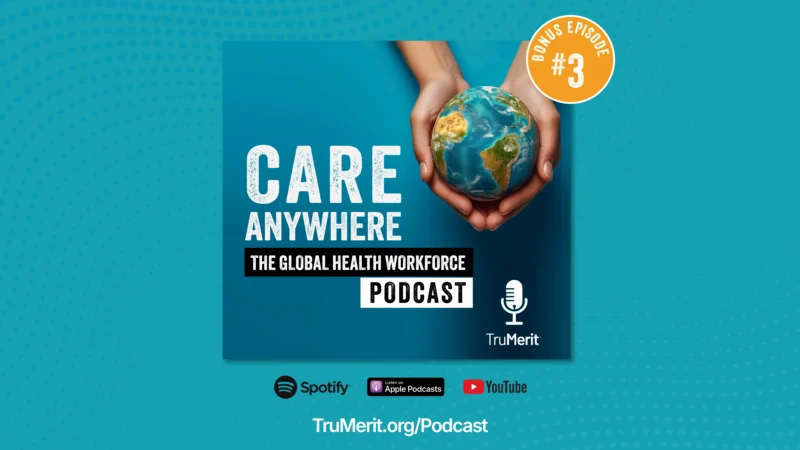From Administrative Tasks to Speedy Diagnoses, Healthcare Workers Can Harness the Power of AI to Alleviate Work Pressure
Recent findings from FAU’s College of Nursing highlight widespread reservations among nursing professionals and students about the incorporation of artificial intelligence (AI) in their practices. This apprehension centers around AI’s potential impact on the human-centric nature of nursing and patient care. The study comes at a time when healthcare systems are increasingly turning to technology to address challenges such as clinician burnout, diagnostic errors, and operational inefficiencies exacerbated by global health crises like COVID-19. As AI continues to evolve rapidly, the stakes are high for its integration into healthcare settings, raising pivotal questions about the power of AI to alleviate work pressure.
How can AI be harnessed in nursing to enhance, not hinder, the human touch in patient care? Can healthcare workers harness the power of AI to alleviate work pressure without compromising the quality of interpersonal care?
Davy Wittock, Chief Business Officer at Flux, offers a nuanced perspective on how AI can be a tool for support rather than a substitute in healthcare. His analysis delves into the practical applications of AI in enhancing patient outcomes and supporting nursing staff.
Key Insights from Davy Wittock’s Expertise:
Diagnostic Support: AI algorithms significantly enhance the speed and accuracy of medical diagnoses, assisting healthcare professionals in identifying diseases like cancers or fractures more efficiently.
Operational Efficiency: AI technologies streamline hospital operations, from scheduling to patient monitoring, reducing administrative burdens on staff.
Predictive Analytics: Advanced AI systems analyze vast amounts of data to predict patient outcomes, allowing for more personalized and preventive care approaches.
Stress Reduction: By automating routine tasks, AI can alleviate the physical and mental burden on healthcare workers, potentially reducing burnout.
Ethical Use: Wittock emphasizes that AI should be viewed as a complementary tool, not a replacement for human judgment and empathy in nursing.
Wittock’s analysis addresses the crucial balance needed between leveraging AI for its substantial benefits and maintaining the essential human elements that define nursing care. His insights suggest pathways for integrating AI that respect and enhance the professional roles of nurses, ultimately aiming to improve both patient care and job satisfaction within the healthcare sector.
Article written by MarketScale.









